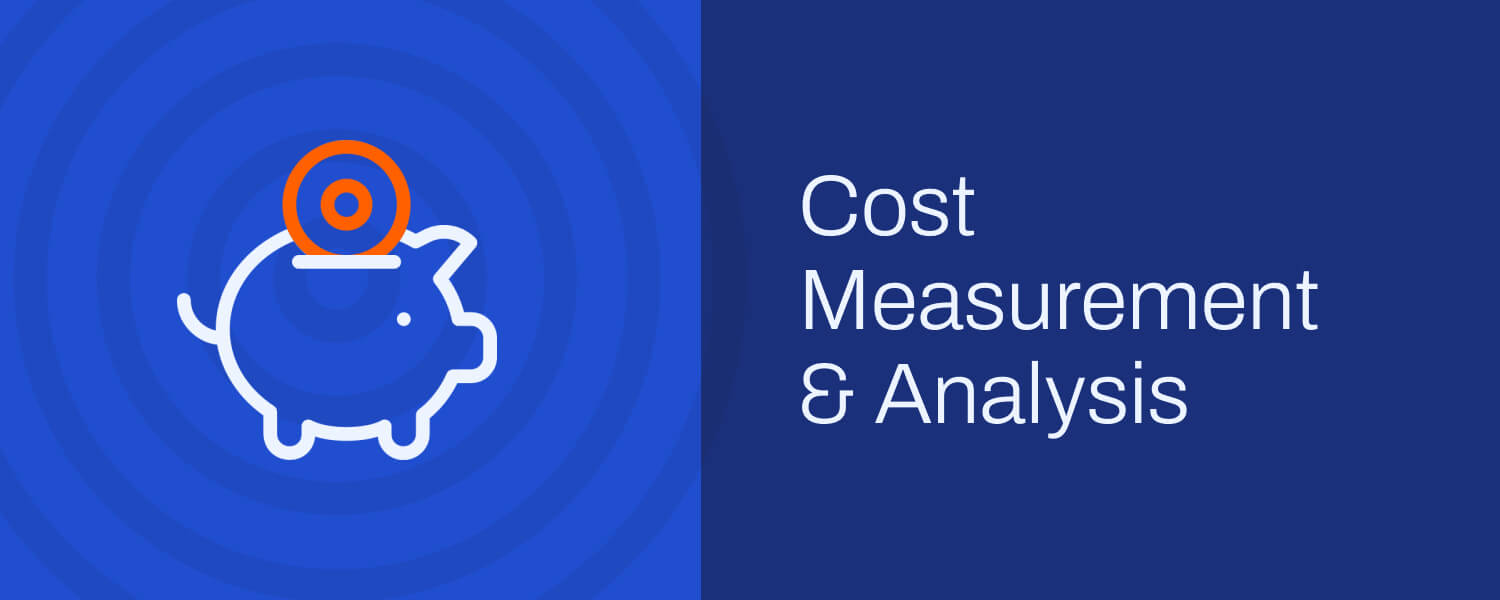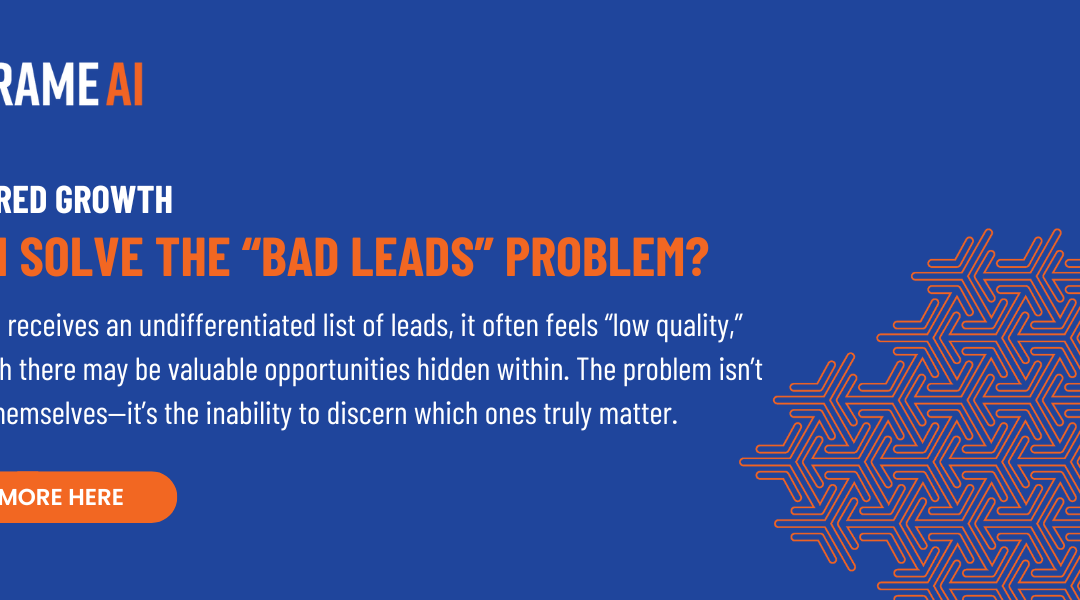Happy customers tend to stick around, grow, and publicly advocate for your business. Unhappy customers often churn and can deter others from doing business with you. According to Temkin, after a poor experience, 22% of customers reduced spend and 19% terminated their relationship with the company entirely. According to Zendesk, 54% of customers share bad experiences with more than five people. It’s impossible to overstate the value of customer advocacy and the cost of vocal detractors. Measuring customer sentiment can help you keep a consistent pulse on which customers are at either end of the spectrum and everywhere in-between. Most importantly, measuring customer sentiment should tell you why customers feel the way they do and what you can do to strengthen your relationships.
The Net Promoter Score (“NPS”) survey is the traditional method for understanding customer sentiment and identifying promoters and detractors. Two-thirds of the Fortune 1000 use the NPS survey, and many studies demonstrate correlations between high NPS scores and desired business outcomes like reduced churn and increased customer lifetime value. Some companies even treat NPS as a business outcome unto itself — some companies advertise their scores publicly and report them to investors.
But with more companies than ever competing primarily on CX, there’s simply too much at stake to rely on surveys alone to understand your customers. What happens if customers don’t respond? Unless you’re part of the lucky few that have consistent, detailed comments from a substantial percentage of your customers, how will you even know how to improve NPS? How will you know what’s working and what isn’t before it’s too late?
In addition to surveys, CX leaders are looking to advanced AI to help them deeply understand customer sentiment by analyzing their organic customer feedback. Organic customer feedback represents all of the “I wish I could…”, “I’m confused about…”, “How do I…” statements that customers make in your support cases, user forums, web chat, and so on. The AI-driven promoter score rapidly identifies promoter and detractor moments by capturing signals from every customer interaction so you can tell happy customers from unhappy customers early. It predicts NPS with >90% accuracy and helps you tie all of the daily moments that make and break your customer experience to hard business outcomes. Read on for 5 benefits for the AI-driven promoter score:





